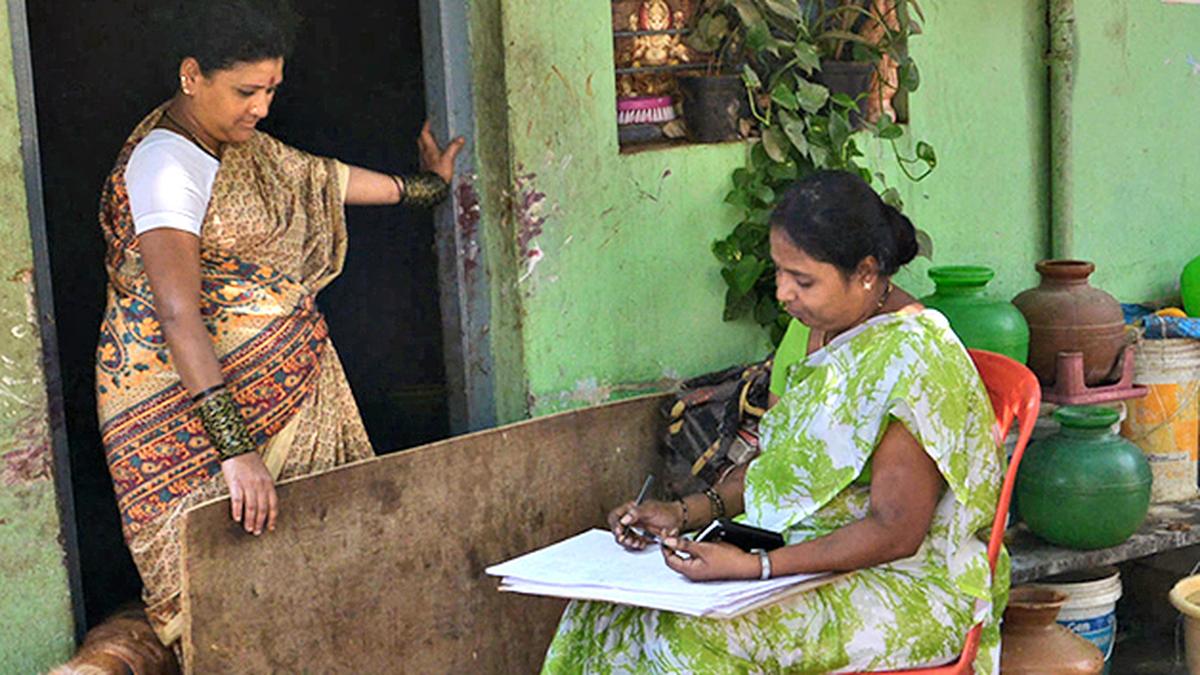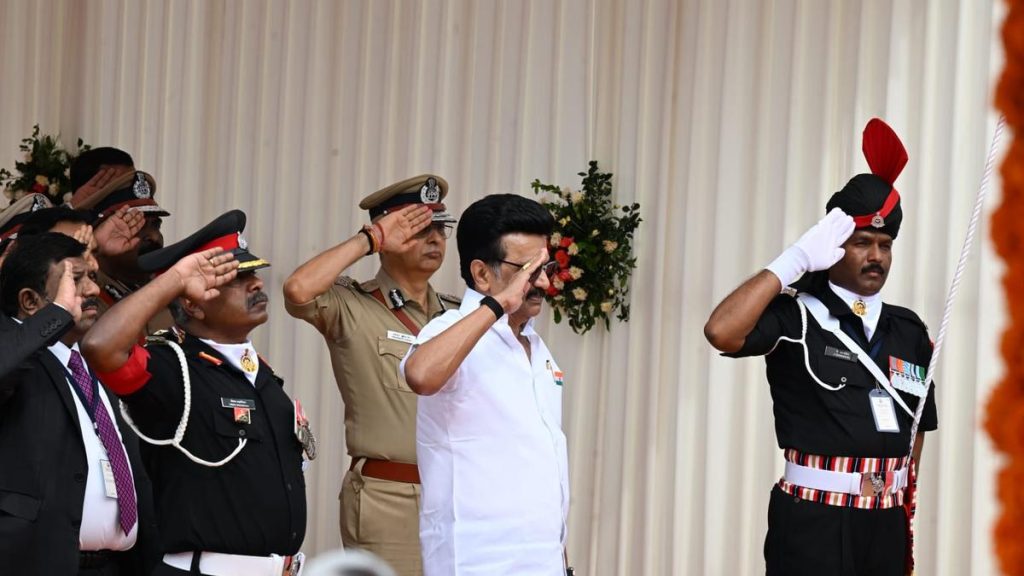Now Reading: Aadhaar Linking Made Mandatory for Caste Census of Individuals Aged 6 and Above
-
01
Aadhaar Linking Made Mandatory for Caste Census of Individuals Aged 6 and Above
Aadhaar Linking Made Mandatory for Caste Census of Individuals Aged 6 and Above

Speedy Summary
- Socio-Educational Survey Announcement: Karnataka government has issued an order for the second socio-educational survey to assess the status of backward classes.
- Mandatory Aadhaar Linkage: the survey mandates linking Aadhaar details for individuals aged six and above to ensure accountability and accuracy.
- Digital Implementation: The survey will be conducted digitally, with technological support provided by the e-Governance Department.
- Teacher Deployment Dispute: Minister for School Education and Literacy, Madhu Bangarappa, expressed opposition to employing teachers for enumeration work.Nevertheless, teachers will work under the Karnataka State Commission for Backward Classes’ supervision.
- Learning from Past Surveys: The previous 2015 survey faced criticism over unscientific methodologies due to lack of Aadhaar linkage. This new approach seeks advancement using publicly available electoral rolls akin to a Scheduled Castes population study conducted earlier.
- Re-enumeration Context: In June, concerns raised by some communities about being excluded from data collected in 2015 prompted this re-survey initiative by Karnataka’s Congress-led government.
Indian Opinion Analysis
The decision to conduct a second socio-educational survey reflects efforts by the Karnataka government toward addressing long-standing concerns among backward communities. Mandatory Aadhaar linkage aims at ensuring precision in demographics while reducing distrust stemming from errors in prior surveys. Though, leveraging public infrastructure such as electoral rolls might raise questions surrounding privacy trade-offs.
Digitizing the process bodes well for efficiency but could encounter logistical challenges given apprehensions about using schoolteachers as enumerators-a point of contention highlighted by Minister Madhu Bangarappa. balancing operational needs with teacher responsibilities must remain a priority.The implications of this updated caste data could inform more equitable policymaking; though, broader national ramifications rest upon transparency during execution and stakeholder inclusivity throughout-all critical factors given previous resistance observed during 2015’s flawed methodology.
























